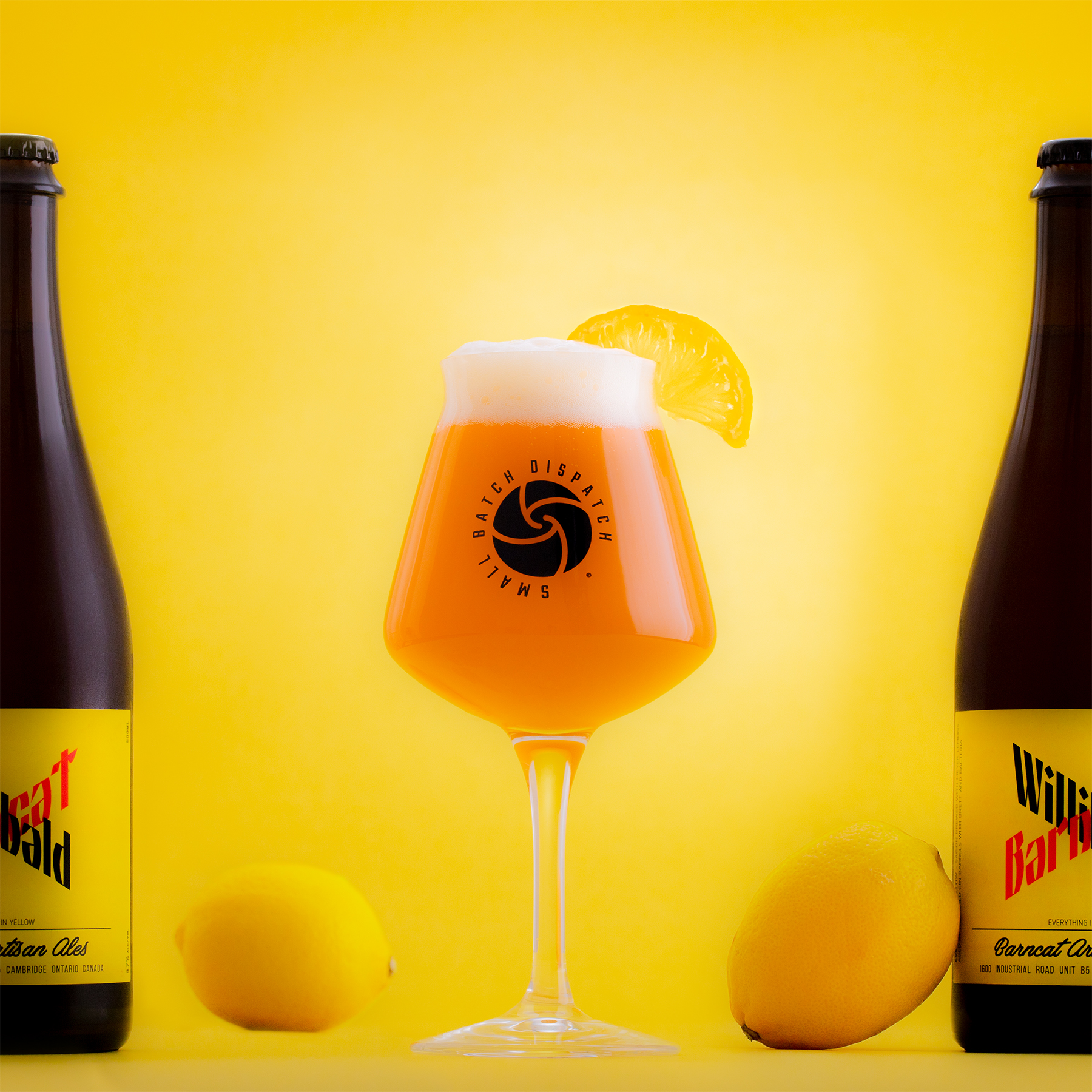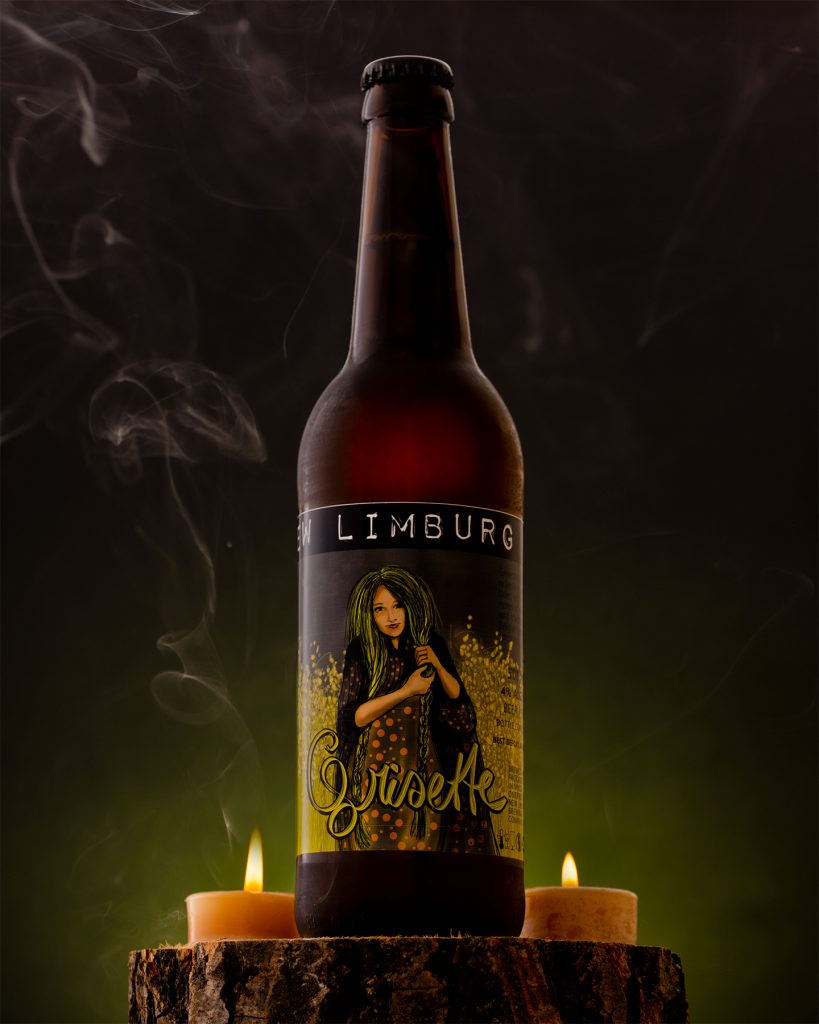
Engaging in a partnership with the right craft beer club can certainly help to accelerate the growth of your brewery’s market share, but it can also hurt it. If you aren’t partnered with a craft beer club, why not? If you are, what are they doing for you to help you grow? Is the reward worth more than the risk and are they more help, or more harm, asks Sam Puntillo and Paul Liberti from Small Batch Dispatch.
Your brewery may or may not be partnered with one already, but you’ve surely heard of them. Craft beer clubs can be a great partner to you by moving inventory and building awareness, but did you ever think of how they could be hurting you? The increase in sales can be a great lift but do these partners shine the right light on your product? Is their brand built on the same pillars as yours?
Are you featured among breweries of the same calibre? Is the art you make put on the same pedestal as cheap imitations? In the rapidly expanding craft beer industry, is the risk posed by partnering with craft beer clubs greater than the reward? This industry outlook will bring to light the considerations you should make when deciding if, and if so, who, will keep your brewery’s interests in mind.
A quick google search of “craft beer club” will bring up 5 different clubs on the first page of results, with even more appearing on the subsequent pages. Small Batch Dispatch (further referred to as SBD) launched in May of 2018 and has since been joined by Craft Tapp and Hops on Board. SBD aims to improve upon the offerings of more tenured clubs, such as; BrewBox, Amazing Clubs, Savvy Hip Hops, and Canada Craft Club. As a disclaimer, it should be mentioned that this is not an all-encompassing list of beer clubs in Ontario, just a summary of Google’s first page results.
The difference between their respective services is as follows.
Small Batch Dispatch features eight different beers from no less than seven breweries in a 4L format monthly.
BrewBox features three breweries in a 4L format, Amazing Clubs features 2-3 breweries and 12 of varied and unspecified size formats, Savvy Hip Hops features a single brewery with varying size formats.
Elsewhere, Canada Craft Club features international and domestic craft brews in varying size formats, while Craft Tapp features a single brewery each month with varying size formats.
An obvious benefit of partnering with a craft beer club is the instant boost to sales, however there are many other benefits as well, namely; brand awareness, brand association, and an alternate distribution channel. Essentially, these clubs should be seen, and legally act as, and outside sales representative for your brewery.
The big difference is that each unit sold is going to an individual consumer who may have never heard of your brewery before. This awareness is valuable in and of itself, however, primary data collected by SBD indicates that 71% of customers enjoy their beers with peers as opposed to alone, further exacerbating the amount of mouths your beer gets to grace. Taking this one step further, clubs with large digital and social media presences can provide a boost to your brewery’s as well.
Clubs that create content around your brewery should be held in high regard. An important factor to look at, is the geography of their subscriber base. If your brewery is in Toronto and the entirety of the club’s subscribers are in the Greater Toronto Area, is the benefit of brand awareness as impactful as a club with broader scope?
Craft beer clubs also provide the brand boosting effect of association when customers look at their catalog of past curations. Clubs like SBD, BrewBox, and Amazing clubs that feature multiple breweries in each curation can expedite this association since your beer will share the same spotlight with another brewery (SBD for example, features as many as 8 every month). While this effect is less powerful with clubs shipping only one brewery per iteration, simply being held in the same portfolio as other esteemed breweries can help boost the perceived value of your brand with end customers. Keep an eye open for clubs with exclusive portfolios and partnerships with esteemed breweries.
A tertiary benefit of partnerships with craft beer clubs is the added distribution channel. Inevitably, there will be consumers that prefer to shop online, or find it inconvenient to shop at one boutique brewery at a time. Clubs offer an avenue to reach customers who never would have reached you.

BrewBox, and by the time this article is published, SBD, even offers an online store for customers to pick and choose, adding yet an extra layer of distribution and access to customers with different shopping preferences. An added value to the end customer is the benefit of choosing beers from multiple breweries with only one shipping charge, instead of visiting multiple online stores and paying even more for shipping. An important consideration, calling back to the geographical scope of the club, is the extra distribution channel valuable if they only service your own local community?
The
benefits to partnership are both tangible and attractive, however there are two
sides to every coin. While a partnership can certainly boost your brand, it can
do harm as well. The boost to sales is certainly welcome, but once the beer
leaves your brewery, what happens to it? Will it be shipped promptly, or sat on
for months before hitting an end consumer’s fridge? Is your product being
properly distributed?
Is that NEIPA you brewed going to taste the way you
intended it to by the time it hits the glass? Barncat Artisan Ales of
Cambridge, Ontario releases a new IPA every week, only available in the tap
room or growler fills. Have you ever had a 3-month-old hop bomb? It’s not pleasant.
Going further, do the brands you’re associated with share the same core
competencies? If you are being shipped alongside other breweries, do you
respect these breweries and wish to have your product compared to theirs?
This is especially important for clubs that offer a variety
of breweries every month. These are questions that should be asked and answered
by both yourself and prospective beer club alike. Does the club operate as a
hobby or are the owners as passionate about beer and moving the industry
forward as you are?
Every
province has its own liquor control boards and therefore unique liquor trade
laws. Even provinces with on the less heavily regulated end of the spectrum,
there is still much ground to be gained by the craft beer industry. Beer Canada
published in 2017 that craft beer market share was 7.6% of all Canadian beer
consumption.
Engaging in a partnership with the right craft beer club can certainly help to accelerate
the growth of your brewery’s market share, but it can also hurt it. If you aren’t
partnered with a craft beer club, why not? If you are, what are
they doing for you to help you grow? Is the reward worth more than the risk?
Are they more help, or more harm?
